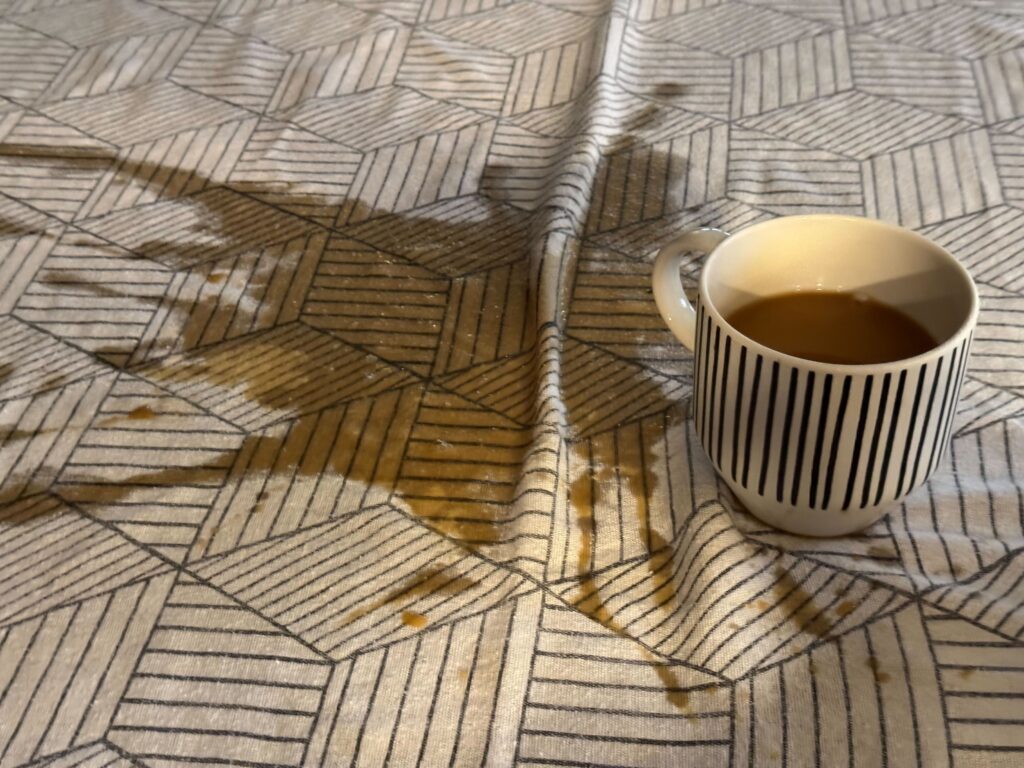Despite the grim state of things in the US, it is still Disability Pride Month. And I have multiple non-apparent disabilities: Endometriosis, migraines, occipital neuralgia, misophonia, autism + ADHD (sometimes shortened to AuDHD). One aspect that is less commonly discussed is proprioception.
Proprioception
My understanding of proprioception began when my son was diagnosed with autism. It is one of many factors that motivated me to pursue an autism assessment for myself. Proprioception, often referred to as the body’s “sixth sense,” is awareness of one’s body position and movement in space. It encompasses sensations such as muscle contraction and stretching, as well as deep pressure or squeezing.
My son tends to be under-responsive to proprioceptive stimuli, while I experience hypersensitivity:
“Individuals who are oversensitive to proprioception may have difficulty comprehending where their body is relative to other objects.”
After I went to the gym last night, I fumbled my giant container of protein shake powder and spilled it all over the floor. This morning I knocked my coffee mug over. I often find my phone and other objects slipping from my hands. This clumsiness can be a nuisance. But I’ve also dropped vital prescription medication while trying to take it and even fumbled entire bottles of prescription meds.
Other aspects of hypersensitivity can be more difficult
- Increased pain perception. While some autistic people may exhibit a higher tolerance for certain types of pain, many experience heightened pain sensitivity and may feel pain more intensely than others. This can manifest as a lower pain threshold or a prolonged experience of pain, even from stimuli that might others might find tolerable.
- Heightened tactile sensitivity. Autistic people may experience heightened sensitivity to touch, pressure, and movement. This can lead to increased awareness of physical contact and, in some cases, discomfort or pain from specific textures of clothing or being jostled in crowds. Crowds are particularly tough for me due to my height (barely five feet tall).
- Increased sensitivity to certain sounds. Sounds might seem louder to an autistic person, which might make them react to sounds more strongly. This is where my misophonia comes into play, personally.
Working with my neurologist, a physical therapist, and a personal trainer have helped manage these sensitivities to some extent but not everyone has access to these resources. Family members, friends, coworkers, and classmates have teased me about my clumsiness. I encourage others to consider the impact before commenting on someone else’s clumsiness or sensitivities.

[…] Disability Pride Month 2025 Sharon Morrow: Despite the grim state of things in the US, it is still Disability Pride Month. […]